In recent years, the landscape of content marketing has undergone a significant transformation, largely driven by advancements in artificial intelligence (AI). As businesses strive to capture the attention of increasingly discerning consumers, the need for innovative and effective marketing strategies has never been more pressing. AI-powered content marketing has emerged as a game-changer, enabling brands to create, distribute, and optimize content in ways that were previously unimaginable.
This rise can be attributed to the growing volume of data available and the ability of AI to analyze and interpret this data at an unprecedented scale. The integration of AI into content marketing strategies allows companies to streamline their processes, enhance customer engagement, and ultimately drive conversions. By leveraging machine learning algorithms and natural language processing, businesses can generate high-quality content tailored to their target audience’s preferences and behaviors.
This shift not only improves efficiency but also fosters a more personalized experience for consumers, making them feel valued and understood. As a result, AI-powered content marketing is not just a trend; it is becoming an essential component of successful digital marketing strategies.
Key Takeaways
- AI is transforming content marketing by enabling personalized and data-driven strategies.
- AI tools enhance content creation, distribution, and promotion efficiency.
- Ethical considerations and challenges must be addressed when using AI in marketing.
- Human creativity remains essential alongside AI to produce engaging content.
- Successful AI integration requires strategic planning and continuous adaptation.
Understanding the Role of AI in Digital Strategy
To fully appreciate the impact of AI on content marketing, it is crucial to understand its role within the broader context of digital strategy. AI serves as a powerful tool that can enhance various aspects of digital marketing, from customer segmentation to predictive analytics. By harnessing the capabilities of AI, businesses can gain deeper insights into consumer behavior, allowing them to make data-driven decisions that align with their overall marketing objectives.
Moreover, AI can automate repetitive tasks, freeing up valuable time for marketers to focus on more strategic initiatives. For instance, AI can analyze vast amounts of data to identify trends and patterns that inform content creation and distribution strategies. This not only improves efficiency but also ensures that marketing efforts are aligned with consumer needs and preferences.
As organizations increasingly recognize the importance of integrating AI into their digital strategies, they are better positioned to adapt to the ever-evolving landscape of consumer expectations.
Leveraging AI for Personalized Content Creation

One of the most significant advantages of AI in content marketing is its ability to facilitate personalized content creation. In an age where consumers are bombarded with information, delivering tailored content that resonates with individual preferences is paramount. AI algorithms can analyze user data, such as browsing history, social media interactions, and demographic information, to create highly relevant content that speaks directly to the target audience.
For example, AI can help marketers identify specific topics or themes that are trending among their audience, enabling them to craft content that addresses these interests. Additionally, AI-driven tools can generate personalized email campaigns or social media posts that cater to individual user preferences, increasing engagement rates and fostering brand loyalty. By leveraging AI for personalized content creation, businesses can create a more meaningful connection with their audience, ultimately driving higher conversion rates and customer satisfaction.
The Impact of AI on Content Distribution and Promotion
| Metric | Before AI Integration | After AI Integration | Impact Description |
|---|---|---|---|
| Content Reach | 1 million users/month | 3 million users/month | AI-driven targeting increased audience reach by 200% |
| Engagement Rate | 2.5% | 6.8% | Personalized content recommendations boosted engagement |
| Content Distribution Speed | 24 hours | 2 hours | Automated AI scheduling reduced distribution time by 91% |
| Cost Efficiency | High manual labor costs | Reduced by 40% | AI automation lowered promotional expenses |
| Click-Through Rate (CTR) | 1.8% | 4.5% | AI-optimized headlines and content improved CTR |
| Content Personalization | Basic segmentation | Dynamic AI-driven personalization | Enhanced user experience and relevance |
| Audience Insights Accuracy | 60% | 90% | AI analytics provided deeper and more accurate insights |
In addition to enhancing content creation, AI plays a crucial role in optimizing content distribution and promotion strategies. With the sheer volume of content being produced daily, it is essential for marketers to ensure that their content reaches the right audience at the right time. AI can analyze user behavior and engagement patterns to determine the most effective channels and times for content distribution.
Furthermore, AI-driven tools can automate the promotion process by identifying potential influencers or partners who can amplify a brand’s message. By leveraging machine learning algorithms, businesses can optimize their advertising spend by targeting specific demographics or interests that align with their content. This targeted approach not only increases the likelihood of reaching potential customers but also maximizes return on investment (ROI) for marketing campaigns.
Harnessing AI for Data-Driven Content Insights
Data is at the heart of effective content marketing, and AI provides marketers with the tools they need to harness this data for actionable insights. By analyzing large datasets, AI can uncover trends and patterns that inform content strategy and decision-making. For instance, AI can identify which types of content perform best across various platforms or demographics, allowing marketers to refine their approach accordingly.
Moreover, AI can provide real-time analytics that enable marketers to monitor the performance of their content continuously. This allows for quick adjustments based on audience feedback or engagement metrics, ensuring that marketing efforts remain relevant and effective. By harnessing AI for data-driven content insights, businesses can make informed decisions that enhance their overall marketing strategy and drive better results.
AI-Powered Content Marketing Tools and Platforms

The rise of AI has led to the development of numerous tools and platforms designed specifically for content marketing. These solutions range from content creation tools that leverage natural language processing to platforms that automate social media posting and analytics tracking. By integrating these tools into their marketing strategies, businesses can streamline their processes and improve overall efficiency.
For example, platforms like HubSpot and Marketo offer AI-driven features that help marketers optimize their campaigns based on real-time data analysis. Additionally, tools like Grammarly use AI to enhance writing quality by providing suggestions for grammar and style improvements. By leveraging these AI-powered tools, marketers can focus on creating high-quality content while automating time-consuming tasks.
Overcoming Challenges and Ethical Considerations in AI-Driven Content Marketing
While the benefits of AI in content marketing are substantial, there are also challenges and ethical considerations that must be addressed.
Marketers must ensure that their use of AI is transparent and ethical, taking steps to mitigate any biases that may arise.
Additionally, as AI becomes more integrated into content marketing strategies, there is a growing need for businesses to prioritize data privacy and security. Consumers are increasingly aware of how their data is being used, and organizations must be transparent about their practices to build trust with their audience. By addressing these challenges head-on and implementing ethical guidelines for AI use, businesses can harness the power of AI while maintaining consumer trust.
The Future of AI-Powered Content Marketing: Trends and Predictions
As technology continues to evolve, so too will the landscape of AI-powered content marketing. One trend likely to gain traction is the increased use of voice search and conversational interfaces. As more consumers turn to voice-activated devices for information, marketers will need to adapt their content strategies to accommodate this shift in behavior.
Another prediction is the growing importance of visual content driven by AI technologies such as image recognition and video analysis. As consumers increasingly engage with visual media, businesses will need to leverage these technologies to create compelling visual content that captures attention and drives engagement. The future of AI-powered content marketing promises exciting opportunities for innovation and growth as organizations continue to explore new ways to connect with their audiences.
Case Studies: Successful Implementation of AI in Content Marketing
Numerous brands have successfully implemented AI in their content marketing strategies, showcasing its potential for driving results. For instance, Netflix utilizes sophisticated algorithms to analyze viewer preferences and recommend personalized content based on individual viewing habits. This approach not only enhances user experience but also keeps subscribers engaged with the platform.
Another example is The Washington Post, which employs an AI tool called Heliograf to generate automated news articles based on real-time data analysis. This technology allows the publication to cover breaking news quickly while maintaining high-quality journalism standards. These case studies illustrate how organizations across various industries are leveraging AI to enhance their content marketing efforts and achieve measurable success.
The Role of Human Creativity in AI-Powered Content Marketing
Despite the advancements in AI technology, human creativity remains an essential component of effective content marketing. While AI can analyze data and generate insights, it lacks the emotional intelligence and creativity that human marketers bring to the table. Successful content marketing requires a balance between data-driven decision-making and creative storytelling that resonates with audiences.
Marketers must leverage AI as a tool to enhance their creative processes rather than replace them entirely. By combining data insights with human creativity, businesses can create compelling narratives that engage consumers on a deeper level. This collaborative approach ensures that content remains authentic and relatable while benefiting from the efficiency and precision that AI offers.
Tips for Integrating AI into Your Content Marketing Strategy
Integrating AI into your content marketing strategy requires careful planning and execution. First and foremost, organizations should assess their current processes and identify areas where AI can add value. This may involve automating repetitive tasks or leveraging data analytics for more informed decision-making.
Additionally, it is essential to invest in training and education for your marketing team to ensure they understand how to effectively utilize AI tools. Encouraging collaboration between data analysts and creative teams can foster innovation and lead to more successful outcomes. Finally, businesses should continuously monitor the performance of their AI-driven initiatives and be willing to adapt their strategies based on real-time insights.
In conclusion, the rise of AI-powered content marketing presents both opportunities and challenges for businesses seeking to enhance their digital strategies. By understanding the role of AI in personalized content creation, distribution, and data-driven insights, organizations can leverage this technology effectively while maintaining a focus on human creativity and ethical considerations. As we look toward the future, embracing these advancements will be crucial for staying competitive in an ever-evolving digital landscape.
For those interested in exploring how AI can be integrated into corporate training to drive success, a related article titled “Unlocking Digital Transformation: AI Corporate Training for Success” provides valuable insights. You can read it here: Unlocking Digital Transformation: AI Corporate Training for Success. This resource delves into the transformative potential of AI in training environments, which can ultimately benefit content marketing strategies.
FAQs
What is AI for content marketing?
AI for content marketing refers to the use of artificial intelligence technologies to create, optimize, and distribute content more efficiently and effectively. It includes tools that assist with content generation, personalization, SEO, analytics, and audience targeting.
How does AI improve content creation?
AI improves content creation by automating repetitive tasks, generating ideas, drafting articles, and optimizing content for SEO. It can analyze large datasets to identify trending topics and suggest relevant keywords, helping marketers produce high-quality content faster.
Can AI replace human content creators?
AI can assist and enhance the work of human content creators but is not a complete replacement. While AI can generate drafts and provide insights, human creativity, judgment, and emotional intelligence remain essential for producing engaging and authentic content.
What types of AI tools are used in content marketing?
Common AI tools in content marketing include content generation platforms, SEO optimization tools, chatbots, predictive analytics, personalization engines, and social media management software. These tools help streamline workflows and improve targeting and engagement.
Is AI-generated content SEO-friendly?
Yes, AI-generated content can be SEO-friendly if properly guided and reviewed. Many AI tools are designed to incorporate SEO best practices, such as keyword optimization, readability, and meta descriptions, but human oversight is important to ensure quality and relevance.
What are the benefits of using AI in content marketing?
Benefits include increased efficiency, cost savings, improved content quality, better audience targeting, enhanced personalization, and data-driven decision-making. AI helps marketers scale their efforts and respond quickly to market trends.
Are there any risks associated with AI in content marketing?
Risks include potential loss of originality, over-reliance on automation, ethical concerns about transparency, and the possibility of generating inaccurate or biased content. It is important to use AI responsibly and maintain human oversight.
How can businesses get started with AI for content marketing?
Businesses can start by identifying specific content marketing challenges, researching AI tools that address those needs, and integrating them into their existing workflows. Training staff and continuously monitoring AI outputs are also key steps for successful adoption.
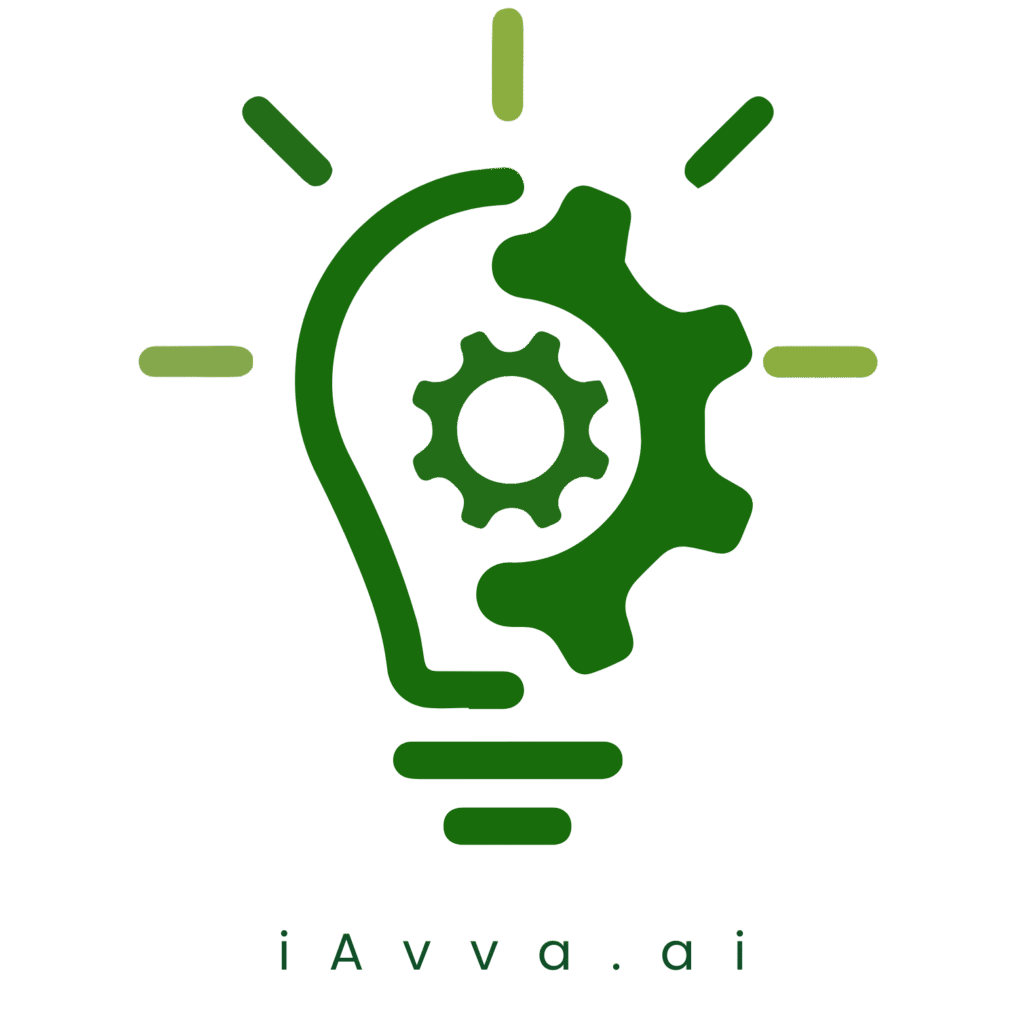




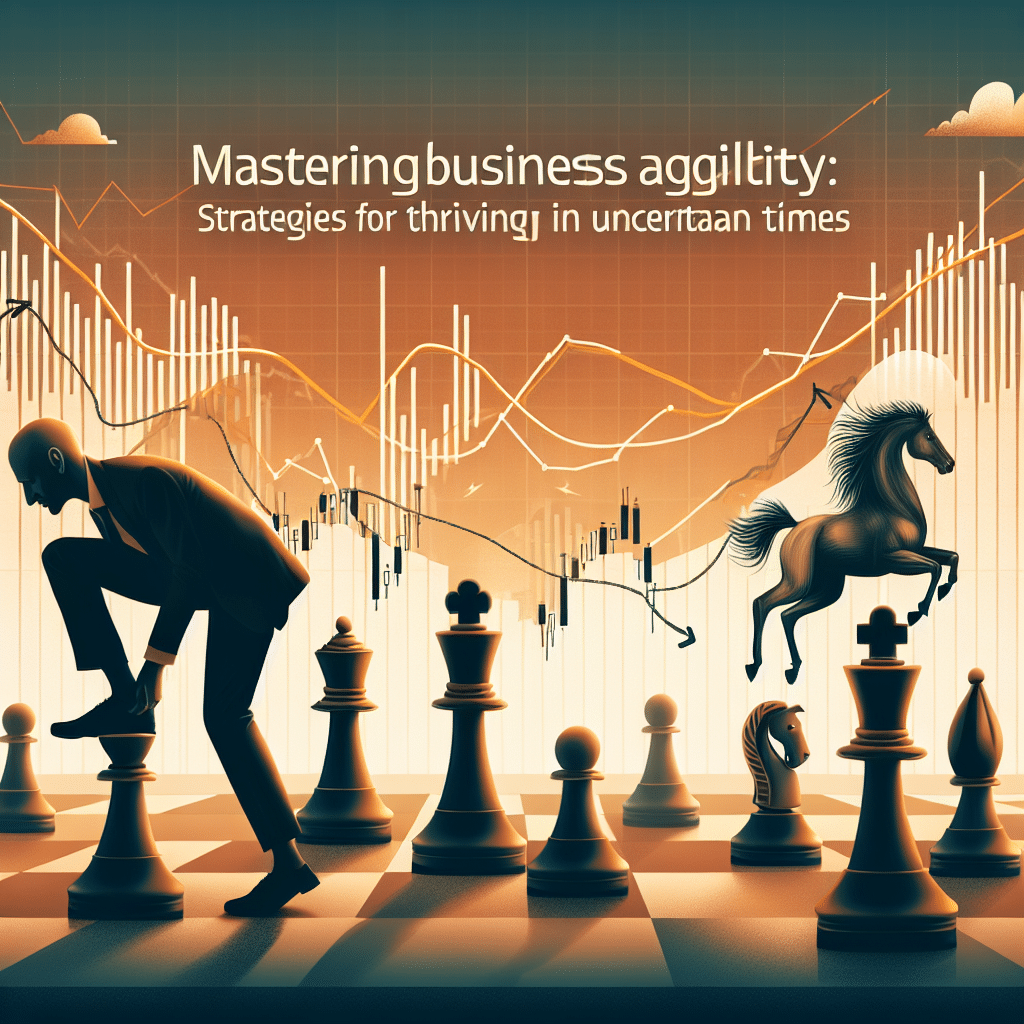

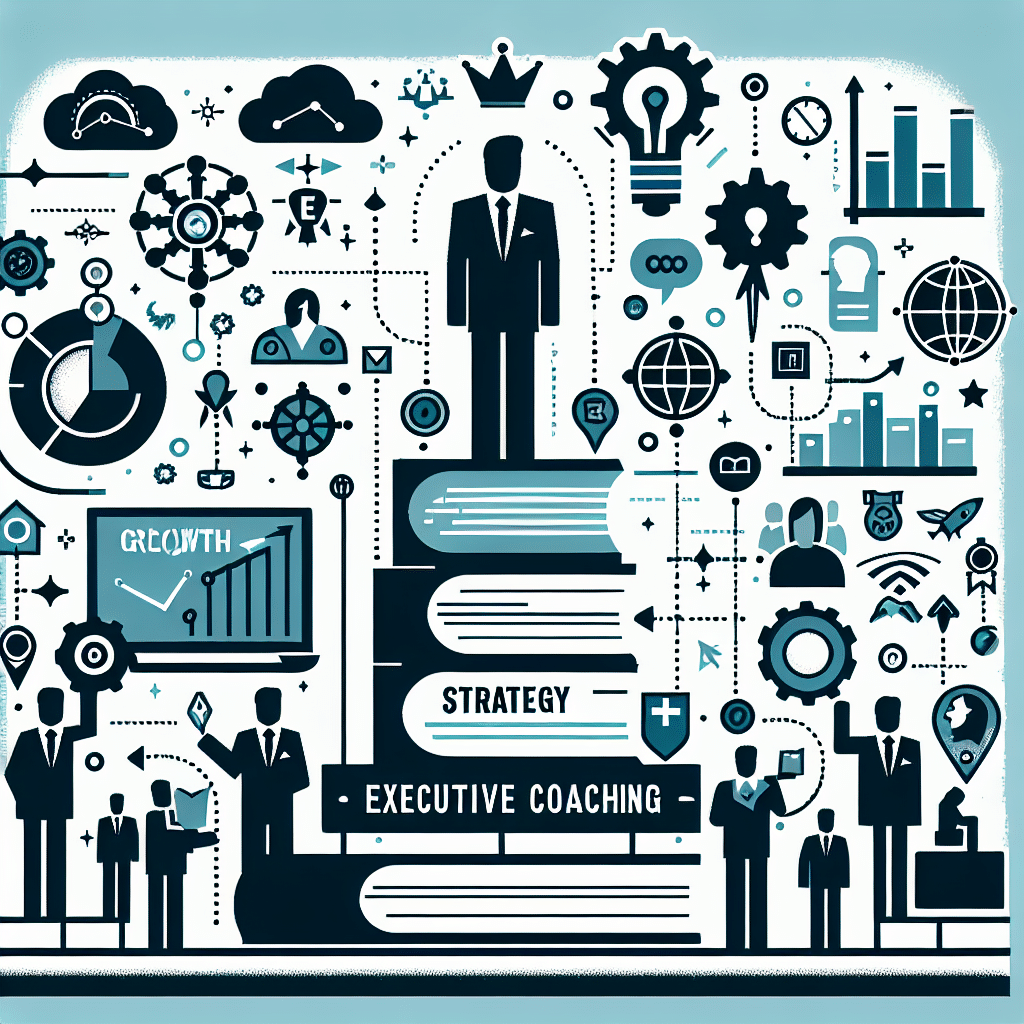

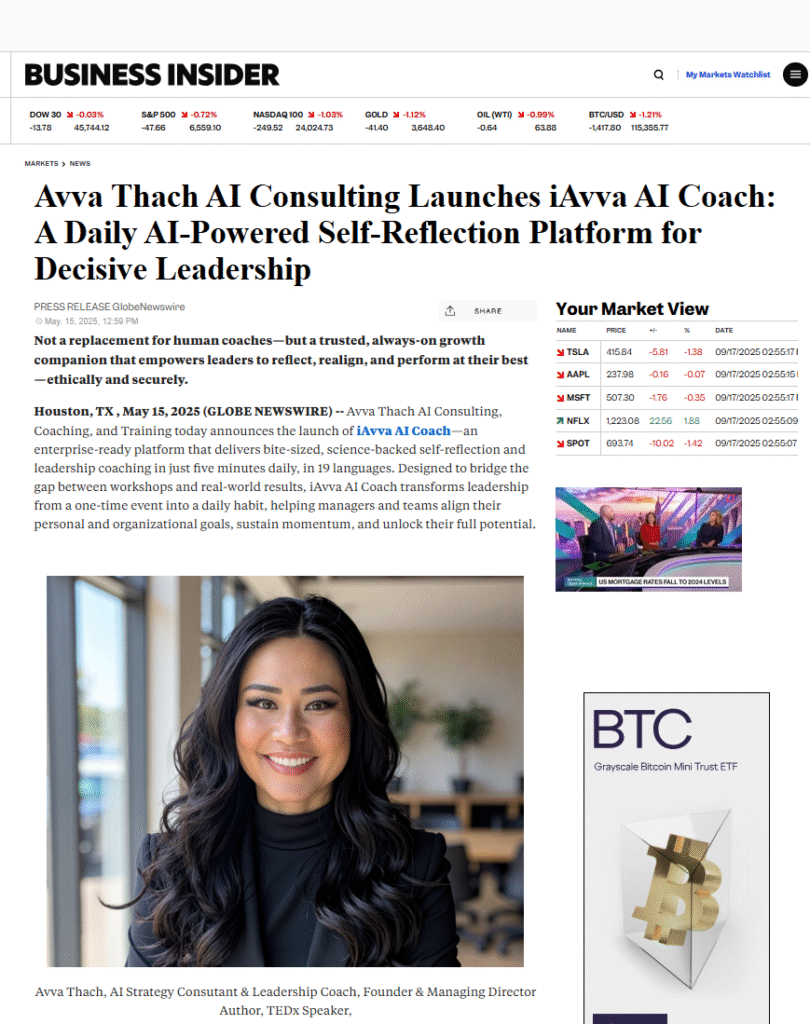
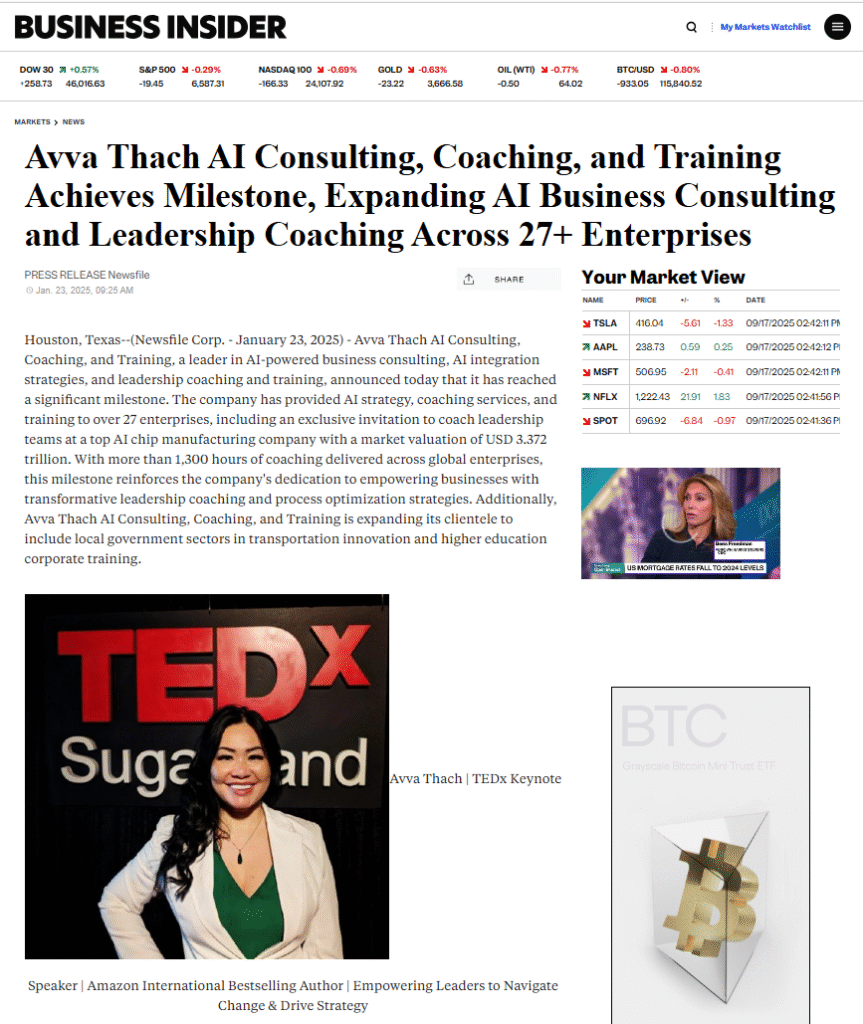

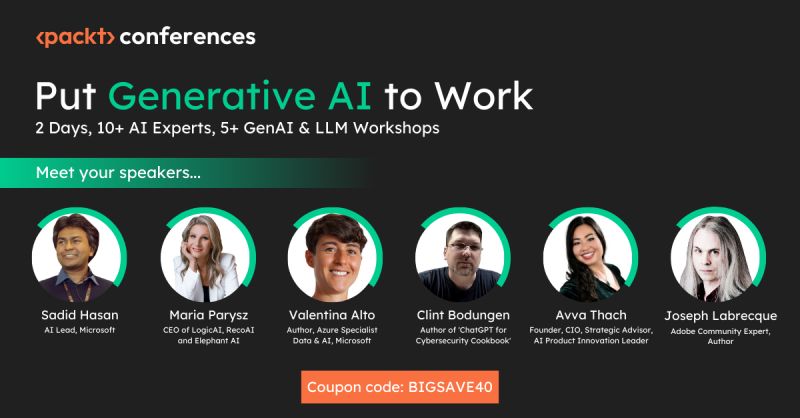


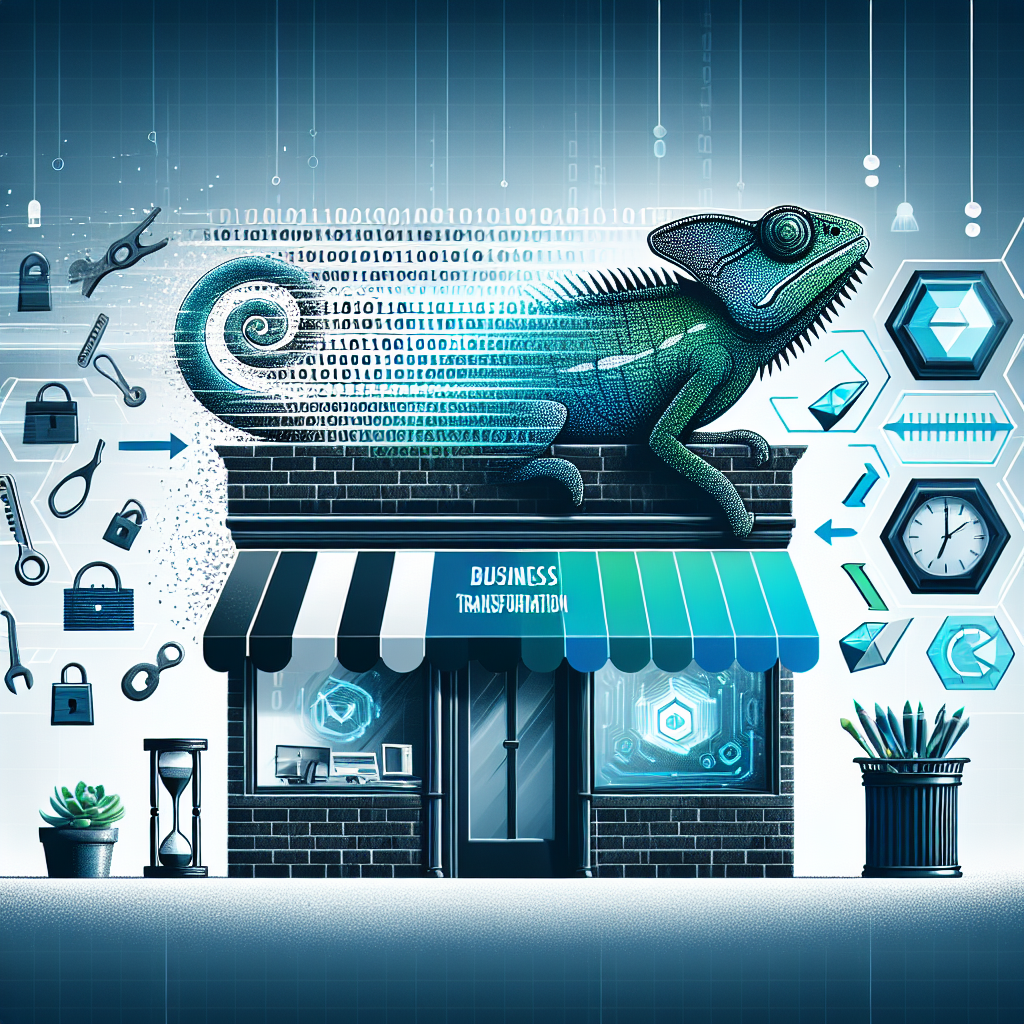





Leave a Reply